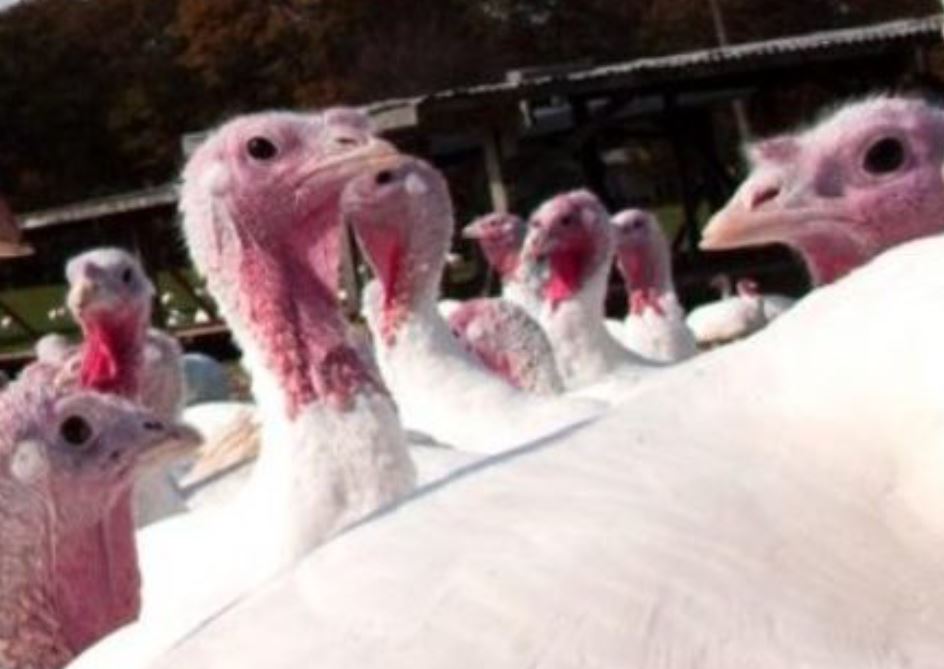Northern Ireland’s Department of Agriculture, Environment and Rural Affairs (DAERA) has introduced further disease control measures due to an outbreak of bird flu in Co. Down.
It follows confirmation that the highly pathogenic avian influenza (HPAI) H5N1 has been detected in captive birds at Castle Espie, Wildfowl and Wetlands Trust (WWT), Strangford Lough.
On Wednesday (October 12), Northern Ireland’s chief veterinary officer, Dr. Robert Huey put a 3km temporary disease control zone in place around the premises as a precautionary measure.
Following official results from the National Reference Laboratory confirming the highly pathogenic strain of the disease, this has now been upgraded to a 3km captive bird monitoring zone (CBMZ).
This means that all poultry and captive birds must now be kept in secure housing or kept separate from wild birds.
“I would urge all flock keepers to take action to review and, where necessary, improve biosecurity in order to prevent further incursion of the disease.
“If avian influenza were to enter our Northern Ireland commercial flock, it would have a significant and devastating impact on our poultry industry, international trade, and the wider economy,” Dr. Huey said.
Commenting on the development, Northern Ireland Minister for Agriculture, Environment and Rural Affairs Edwin Poots added:
“The confirmation of HPAI H5N1 in captive birds at Castle Espie is extremely disappointing.
“No captive bird site or poultry premises is immune from a potential incursion of this terrible disease, and it is of paramount importance that all bird keepers take appropriate action now to review and enhance their biosecurity measures to protect their birds from this highly infectious disease.”
The UK Health Security Agency has said that avian influenza is primarily a disease of birds and the risk to the general public’s health is very low.
DAERA has encouraged any flock owners, regardless of size, who have not registered with the department to do so. This will allow the department to update poultry owners directly with further updates.
Flock owners can register by contacting their local DAERA office or online via the DAERA website.
